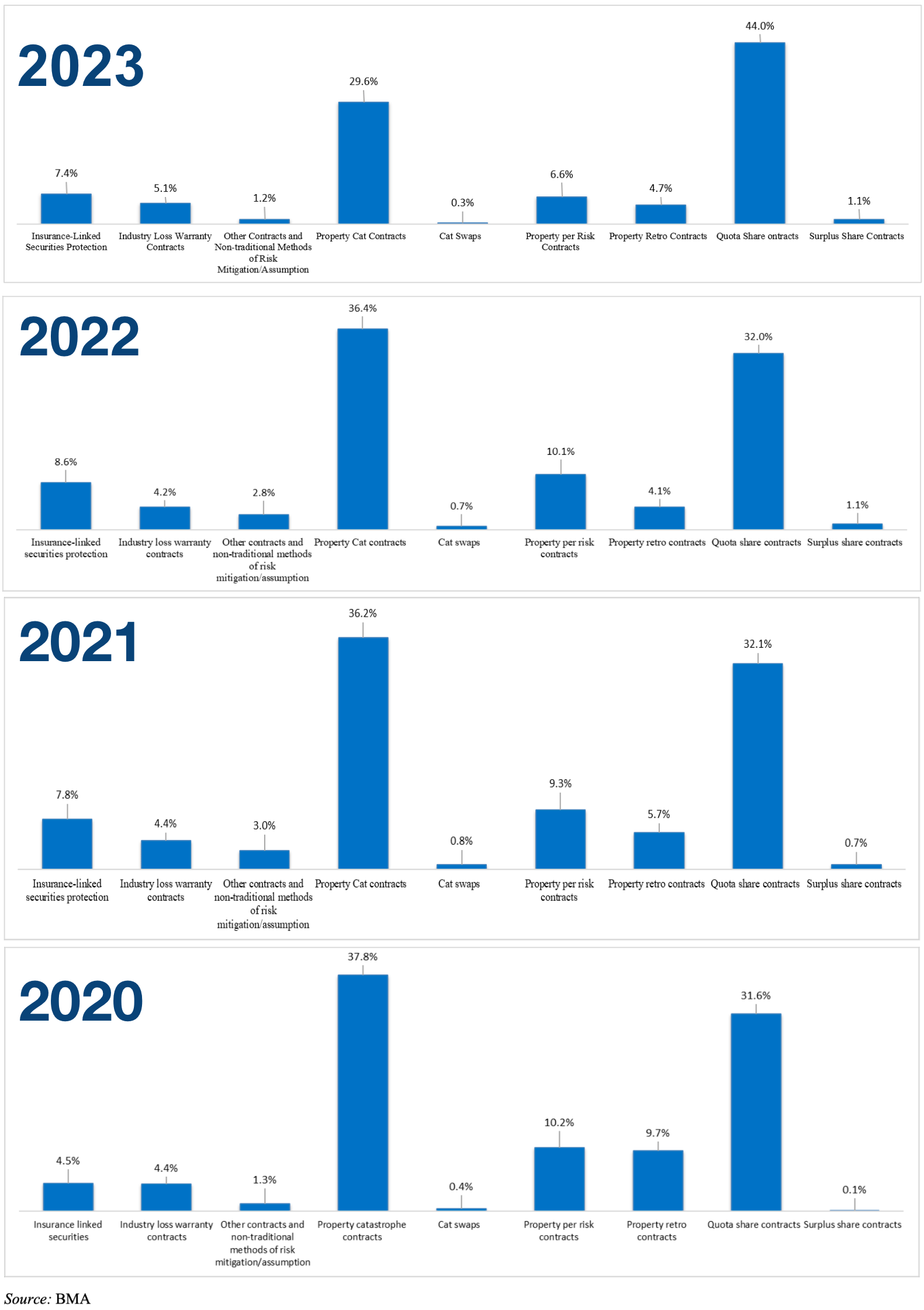A selective approach and a deep understanding of climate-related risks are key to managing insurance-linked securities (ILS) investments, according to François Divet, Head of ILS at AXA Investment Managers.
 Divet recently highlighted both positive supply and demand factors for ILS, while also explaining that due to climate change and its potential effect on catastrophe loss events, selectivity is key.
Divet recently highlighted both positive supply and demand factors for ILS, while also explaining that due to climate change and its potential effect on catastrophe loss events, selectivity is key.
Insurers are reportedly seeking coverage for increasingly costly climate-related events, while more investors are recognising the attractive diversification benefits of the ILS asset class.
“Because of this, the market continues to expand, covering more perils and regions. This means better opportunities for ILS managers to be more selective and increase diversification,” Divet explained.
However, while more insurers are turning to capital markets to reinsure part of their exposure, insured losses continue to rise.
“The globe is warming faster than at any rate seen over the last 10,000 years. With climate change comes an increasing frequency and intensity of floods and wildfires, and an increase in the intensity of tropical storms and hurricanes,” Divet noted.
He continued, “Climate change is however only partially responsible for this, with inflation and population growth having a much bigger impact.”
As per Divet, nearly half of the increase in total losses over the past 15 years has been down to inflation, a factor that will have likely accelerated rapidly in recent years.
“Our changed ways of living are another major driver, with for example more concentrated populations due to urbanisation and population growth,” he added.
Despite these challenges, Divet remains optimistic about the ILS market’s growth potential.
He concluded, “We see continued growth for the market, as it continues to deliver highly attractive returns. But selectively, and a deep understanding of climate-related risks, is key to avoid parts of the market where climate change will have a significantly negative impact.”



















 English (US) ·
English (US) ·